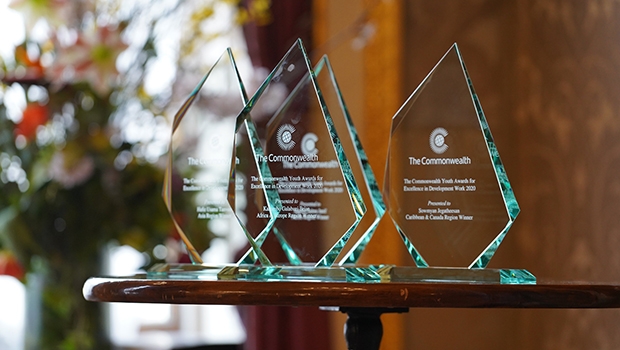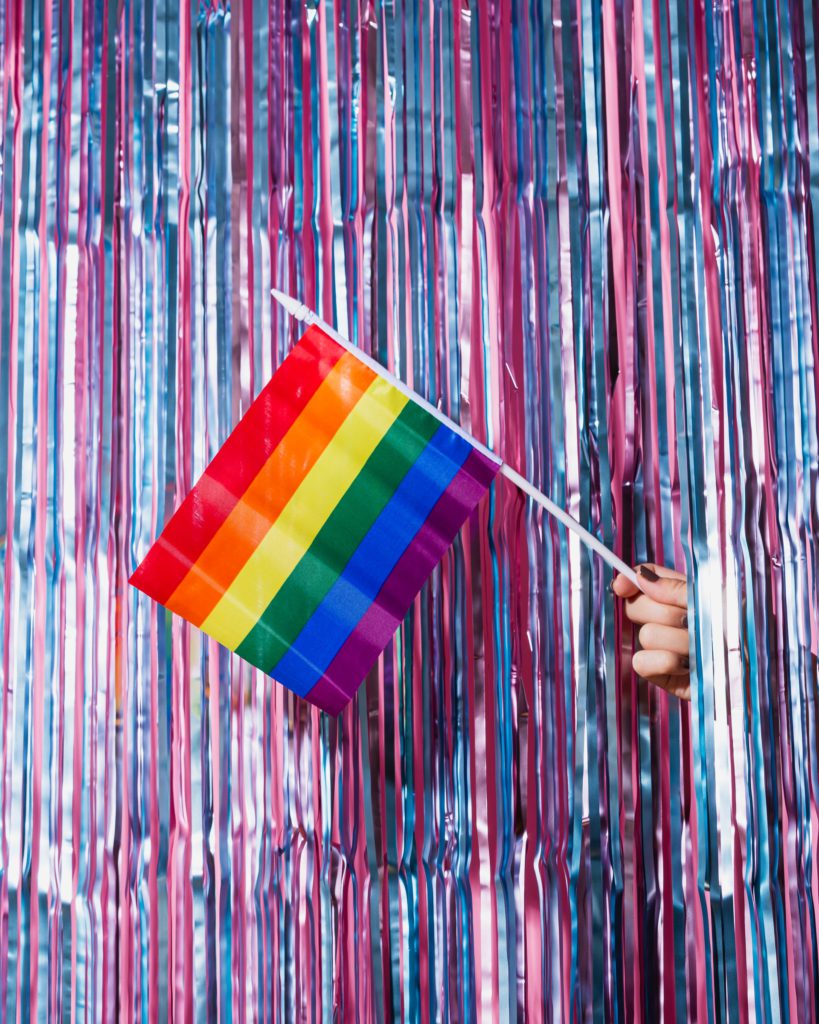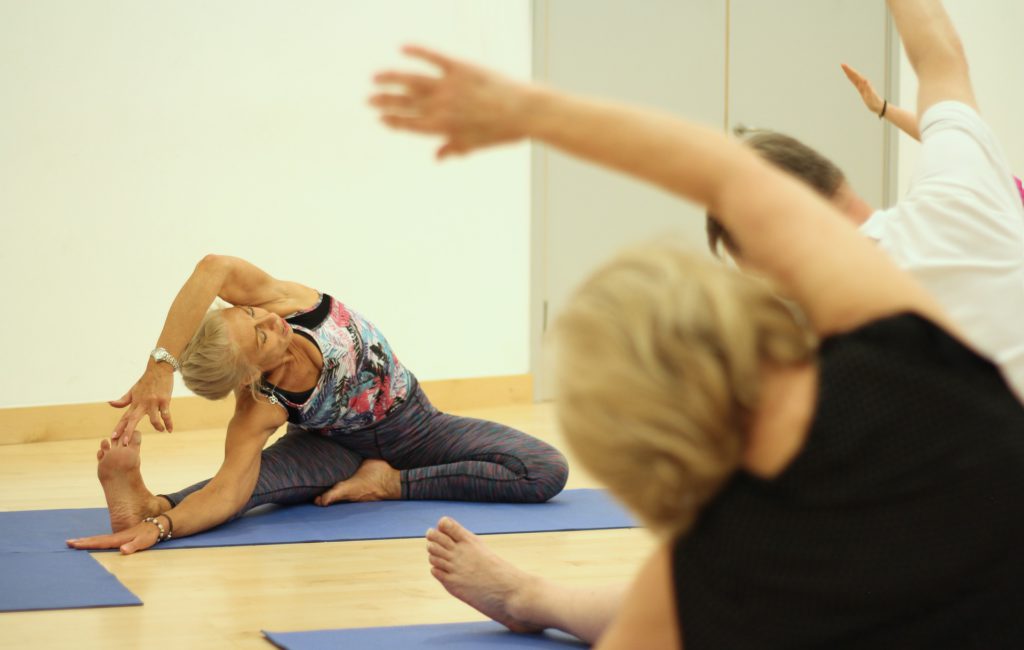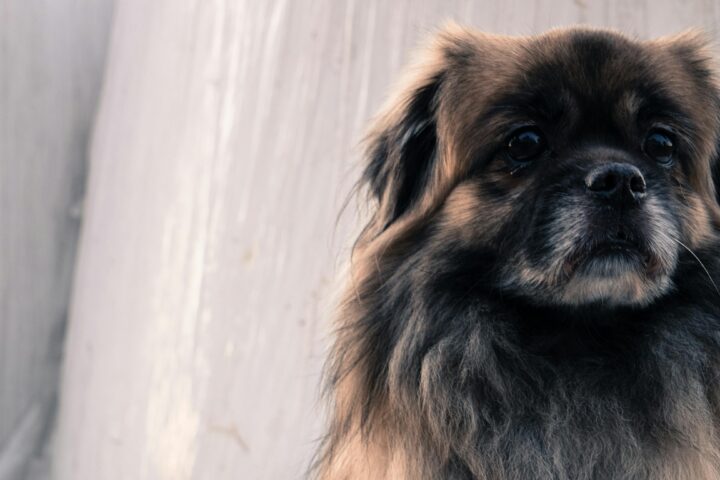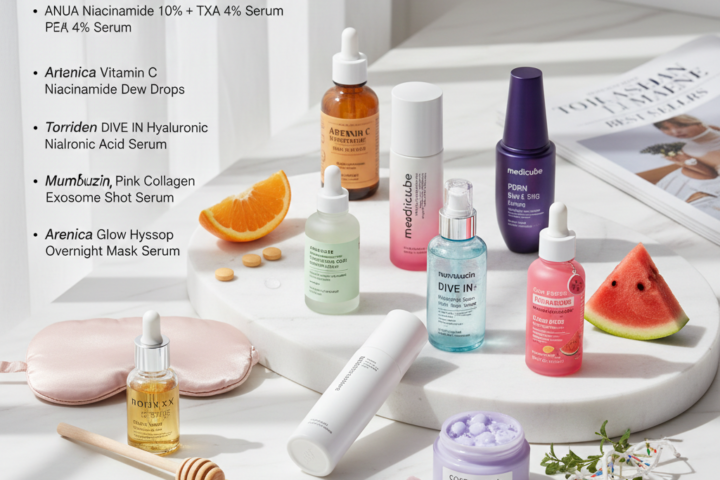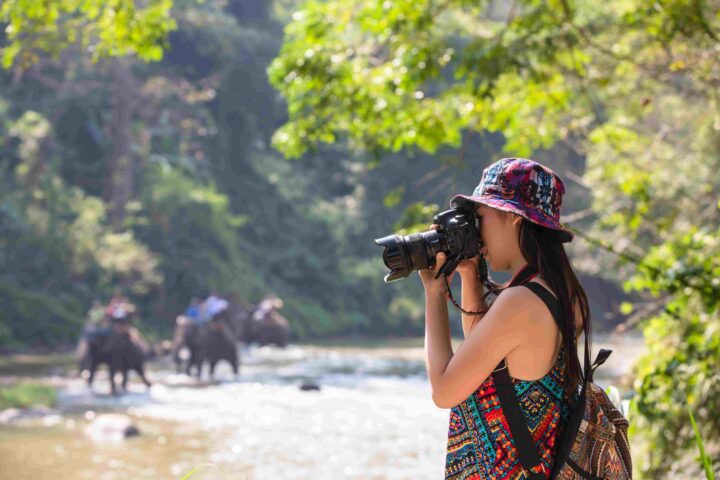Three British young leaders Siena Castellon, Bradley Heslop and Ellenor McIntosh are among 20 extraordinary young individuals from 18 countries who have been announced as finalists for this year’s Commonwealth Youth Awards.
The awards recognise outstanding Commonwealth young people whose projects are transforming lives in their communities and helping to achieve the Sustainable Development Goals (SDGs).
More than 1,000 entries from 43 Commonwealth countries were received last year. The finalists were selected across each of the award’s regional categories following a rigorous judging process.
This year, the awards have expanded to include five regional categories: Africa, Asia, the Caribbean, Europe and Canada, and the Pacific.
The top finalist from each region will be announced as the regional winner at the official awards ceremony on 10 March 2021. The ceremony will be held virtually for the first time due to the COVID-19 pandemic.
Of these five regional winners, one outstanding young person will become the Commonwealth Young Person of the Year 2021.
All 20 finalists will each receive a trophy, certificate and £1,000 to expand the impact of their projects. Each regional winner will receive £3,000 and the overall pan-Commonwealth winner will take home a total of £5,000.
Speaking ahead of the announcement, the Commonwealth Secretary-General Patricia Scotland said:
“Every day, in all parts of the Commonwealth, young people are delivering a vast range of impressive innovations. Much of what they do may go unnoticed or be taken for granted.
“Yet, often it is what young people do which makes all the difference, especially now at a time of unimaginable human suffering inflicted by the pandemic and economic crisis.
“The finalists remind us that there is no lack of ideas or talent, but of support mechanisms necessary for young innovators.
“So, our initiatives such as the Youth Awards put a spotlight on outstanding young people who are bringing innovative ideas and creative solutions to support, lead and deliver a future of peace, prosperity and progress.”
The call for nominations was announced on International Youth Day on 12 August 2020. The judging panel included high commissioners, development experts and youth leaders from across the Commonwealth.
This year’s ceremony will also recognise a select number of young people who have successfully addressed the challenges posed by the pandemic in their communities.
The 2021 finalists, in alphabetical order by region and individual surname, are:
Africa

Abdulrehman Alwy (Kenya)
Focus: SDG 3 – Good Health and Well-Being
Abdulrehman is a co-founder of ‘RedSplash Kenya’; an initiative creating awareness on the importance of voluntary blood donations and working to tackle misinformation around donating. The organisation hosts educational blood drives and operates an online app for donors to register and to send out appeals. The initiative has helped serve over 5000 patients in need, and recruited hundreds of volunteers to support their campaigns.

Wadi Ben-Hirki (Nigeria)
Focus: SDG 5 – Gender Equality
Wadi is the founder of the ‘Wadi Ben-Hirki Foundation’; an organisation which champions for the empowerment of marginalised groups in Nigeria. The foundation’s initiatives include donating food and education materials to Boko Haram victims, campaigns against child marriage and sexual violence and providing safe spaces for vulnerable girls and women. These projects have collectively impacted the lives of thousands across Nigeria.

Jeremiah Thoronka (Sierra Leone)
Focus: SDG 7 – Affordable and Clean Energy
Jeremiah is the founder of ‘Optim Energy’; a company that harnesses solar energy through innovative technology to create affordable, accessible and clear power for communities in Sierra Leone. The project has helped power over 150 households and 15 schools in Sierra Leone at minimal cost, which has benefitted over 10,000 people, and provides best practice training on energy efficiency and conservation to the younger generation.

Nawa Joe Silishebo (Zambia)
Focus: SDG 8 – Decent Work and Economic Growth
Nawa is a co-founder of ‘The Young Emerging Farmers Initiative’; which promotes and empowers young people in agribusiness and climate change action through skills training, fundraising and outreach programmes. The initiative has reached over 500,000 young people across 10 Zambian provinces in rural and urban areas and helped train 5000 youths in agribusiness, including connecting over 100 ‘agri-preneurs’ to financial support and markets.
Asia

Alina Alam (India)
Focus: SDG 8 – Decent Work and Economic Growth
Alina is the founder of ‘Mitti Café’; which trains and employs persons with intellectual, physical and/or psychiatric disabilities to work in inclusive kitchens and cafes in India. The organisation’s outreach initiative also helps create awareness about inclusion and disability rights. Mitti Café has trained over 700 persons with disabilities and served over 1 million meals to vulnerable communities and homeless groups.

Syed Ommer Amer (Pakistan)
Focus: SDG 9 – Industry, Innovation and Infrastructure
Syed is the founder of Daastan; a modern book publishing company and go-to platform for global authors. The company uses a social enterprise model to support authors to monetize their time, content and skills through online training and workshops. Daastan has supported 10,000 authors from 17 countries and helped publish over 300 titles.

Faysal Islam (Bangladesh)
Focus: SDG 3 – Good Health and Well-Being
Faysal is a co-founder of ‘Safewheel’; an organisation that provides affordable emergency medical services through mini three-wheeled ambulances and trained medical staff onboard. The company’s current 10 ambulances have served over 1000 people in rural populations in Bangladesh at 1/10th of the cost and three times faster on average than convention ambulances.

Mogesh Sababathy (Malaysia)
Focus: SDG 4 – Life Below Water
Mogesh is a co-founder of ‘Project Ocean Hope’, a youth-led group that aims to raise the visibility of ocean issues and environmental conservation through campaigns and youth leadership training. The group has also run educational community projects to reduce littering and unsustainable fishing practices, and an ocean literacy webinar series on waste management, reaching over 10,000 individuals across 15 countries.
Caribbean

Taahir Bulbulia (Barbados)
Focus: SDG 4 – Quality Education
Taahir is the founder of the ‘Sports Science Society’; a student-based organisation that promotes the holistic benefits of sport and provides mentorship to at-risk youth on mental health, sports law and drug prevention. The programme has trained 30 volunteers across 10 organisations and reached 500 young people in the region, particularly helping to tackle bullying and mental health issues.

Bevon Chadel Charles (Grenada)
Focus: SDG 2 – Zero Hunger
Bevon is the founder of ‘Akata Farms’; an organisation that aims to create sustainable farms and livelihoods across the Caribbean through climate-smart agriculture. The farms operate across 100 acres providing fresh, quality goods in-person and online, and the organisation provides peer-to-peer mentorship to young people, particularly women, looking to start businesses in agriculture.
Dawsher Charles (Trinidad and Tobago)
Focus: SDG 4 – Quality Education
Dawsher is the founder of ‘Survival Scholars’; a project that promotes self-care, good mental health and well-being to at-risk and disadvantaged youths through social and emotional learning skills, the arts and storytelling. The project has reached over 6000 young people and parents and equipped youths with stressor coping mechanisms for school and life, particularly during the COVID-19 pandemic.

Jubilanté Cutting (Guyana)
Focus: SDG 9 – Industry, Innovation and Infrastructure
Jubilanté is the founder of the ‘Guyana Animation Network’, which raises awareness and advocates for youth opportunities and skills training in digital media, animation and the STEM subjects. The programme includes Digital Summer Camps, a ‘Girls in ICT’ initiative and mentorship support. The programme has trained over 300 young people in ICT and entrepreneurship, and supported critical online training in business marketing and digital skills.
Europe and Canada

Diego Armando Aparicio (Cyprus)
Focus: SDG 16 – Peace, Justice and Strong Institutions
Diego is the founder of ‘QueerWave’; the first LGBTQ+ film festival in Cyprus designed to tackle stigma and promote a more inclusive society through art and cinema. The 2020 festival’s online screening consisted of 25 films and was attended by over 1000 individuals. Queerwave has helped connect new audiences and raise important issues around social inequalities in order to foster inclusivity and peacebuilding.

Siena Castellon (United Kingdom)
Focus: SDG 4 – Quality Education
Siena is the founder of ‘Neurodiversity Celebration Week’; an initiative designed to encourage schools and colleges to change the way they perceive autistic students and students with learning differences. In addition to providing practical advice on overcoming challenges at school, the programme provides free resources to help teachers better support neurodiverse students. The 2020 programme reached over 850 schools and more than 500,000 students across the world, and the online mentoring programme currently has over 1000 global subscribers.

Bradley Heslop (United Kingdom)
Focus: SDG 1 – No Poverty
Bradley is the co-founder of WSV Global; an organisation that develops community business solutions to social needs affecting communities living on less than $5 a day. These solutions, packaged as franchises, work to provide a range of vital products and services including addressing menstrual hygiene challenges, access to solar-energy and recycling waste into fertiliser. WSV Global has helped support over 10,000 vulnerable people and helped over 200 entrepreneurs scale their work and income.

Ellenor McIntosh (United Kingdom)
Focus: SDG 6 – Clean Water and Sanitation
Ellenor is the co-founder and inventor of ‘Twipes’; a flushable, biodegradable wet wipe made of wood pulp. Through the production and sales of Twipes, the company aims to reduce the environmental damage caused by traditional wet wipes. The product has been sold to restaurants, gyms and hotel chains across the UK and a percentage of the business profits are donated to creating clean water systems in Uganda.
Pacific

Catherine Geluwa (Papua New Guinea)
Focus: SDG 5 – Gender Equality
Catherine is an executive member of ‘Queenpads Products’; an organisation which provides alternative reusable menstrual cloth pads to women and girls in PNG and provides training on good menstrual health practices and de-stigmatisation. The organisation has distributed over 1800 cloth pads to multiple districts across PNG and have helped educate over 2000 people across schools, churches and safe houses.

Olive Natalie Mafi (Tonga)
Focus: SDG 8 – Decent Work and Economic Growth
Olive is the Programme and Events Co-ordinator for GO GREEN!; a youth-led community initiative creating employment opportunities through entrepreneurship and mentorship support. The programme also provides affordable, sustainable fashion choices as well as encouraging fashion and design talent and ethical recycling within the youth community. The programme has engaged over 1000 people, offering basic work skills to over 200 volunteers and has helped repurpose over 1000 pieces of clothing.

Shanal Sivan (Fiji)
Focus: SDG 5 – Gender Equality
Shanal is the founder and producer of ‘Jazbaat’; Fiji’s biggest digital storytelling platform for women, creating an online space to discuss issues affecting them. The platform has reached over 300,000 women and helped tackle sensitive and important issues including domestic violence, supporting children with special needs and facing barriers to education and employment.

Tim Lo Surdo (Australia)
Focus: SDG 10 – Reduced Inequalities
Tim is the founder of ‘Democracy in Colour’; a racial and economic justice organisation created to tackle structural racism and address critical civic issues facing people of colour in Australia. The programme has grown a membership of over 57,000 people and engaged over 85,000 people in advocacy and capacity-building leadership training including young people, women, and persons with disabilities.


